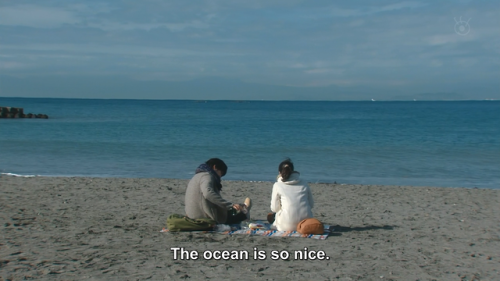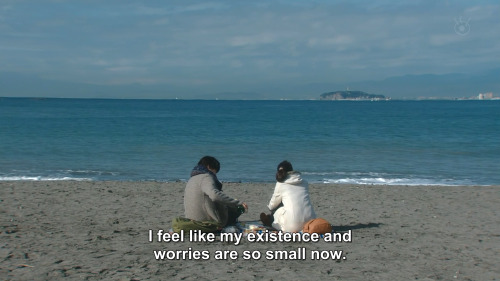Latest Posts by dostoevskyswife - Page 3
Dostoevsky is one of those writers who, after showing you your fragmental vileness and natural disfigurement, teach you why you need to learn to love yourself.

Franz Kafka





Bookstores always remind me that there are good things in this world.
— Vincent van Gogh

Can someone draw Kafka like this plsss




26 September, 1880 Leo Tolstoy in his letter to Nikolai Strakhov

Kim Addonizio, “The Singing”, Tell Me
It's ridiculous how invested I am in this book after what's basically five chapters of exposition. How does Dostoevsky write like this. The ideas and characters introduced are just so interesting that I don't even care that these people haven't even talked yet. I am RIVETED
imagine if every chapter in a real book ended with an author's note
oh and that gap in my resume is when i was digging my own grave

Neville Goddard, from The Power of Awareness
Text ID: The whole of creation exists in you, and it is your destiny to become increasingly aware of its infinite wonders and to experience ever greater and grander portions of it.
Thinking about how when I started The Brothers Karamazov and had only read the first couple chapters so I wasn’t in deep enough yet I was like “ok, finally a Dostoevsky book I can be pretty normal about!” And here we are now. It’s pretty much my entire personality and I’m so obnoxious about it


I don’t mean to interrupt people I just randomly remember things and get really excited I’m sorry

Virginia Woolf, from a letter to Edward Sackville-West written c. September 1926
She’s a ten but she threw 100,000 rubles in the fire and dared her fiancé to pull them out, abandoned another fiancé at the altar, and wreaks chaos wherever she goes, so she’s a twelve.

Takuboku Ishikawa, from a diary entry featured in Romaji Diary and Sad Toys

Denise Levertov, from This Great Unknowning: Last Poems; “Feet”
“We are reduced to asking others what we are. We never dare to ask ourselves.”
— Jean-Jacques Rousseau, Discourse on Inequality

I'm not sure if I dreamt it, thought it up, or just read it somewhere.
But I had this notion that some of us can relate to the moon more than we'd think and not for the typical reasons like loneliness and such, but for wanting a self.
The moon... Half of it is hidden, and the other half can only be seen by the reflection of the sun's light, not its own. Even this is controlled by other entities, i.e. the sun and the earth. The moon cannot even control how much of it will be visible and how much hidden and not even when. The moon exists by other entities' rules. The moon is wanting a self and agency. Perhaps that's where the notion of its loneliness comes from. We see the moon as beautiful and divine. Some even used to pray to it. What we don't see is what's behind that beauty. The moon is lonely in its suffering.

fuck it I’m drunk. The points being articulated in TBK are literally incoherent! Every single idea established is then torn down--- either parodied, deconstructed, inverted, or paralelled at some other point, to such a degree that it turns into idealogical and philosophical soup. "Pro and Contra", as is stated. The ending is bleak, underwhelming, and ineffectual! Alyosha's speech at the end is a failure. He is trying SO hard to follow the doctrine that Father Zossima gave him, that he is needed in the world, he is trying so hard to say the right thing to these poor children but his words pale in comparison to the great suffering that has transpired and will continue to transpire ceaselessly. These children then hear his words and exalt him and the Karamazov family name, that stands for all that is base and sick in the world. Ivan is still sick. His ideology and intellect, all he is and all he has, has failed him. He has a very long reckoning yet to come. Dmitry is still imprisoned and in purgatory. Absolutely everyone has completely failed to acknowledge that Smerdyakov was a human being and their family member, despite the entire idea being repeated, ad nauseum, that we are ALL meant to be "servants to our servants and servants to all men" and our brothers keepers. Despite or even because of all of this, the book is extraordinary. Though he had ideas that any particular reader may disagree with, this incoherence cannot be an accident. Dostoevsky can convey a point to exactness, in all it's complexity, to a degree that rivals any author who has ever lived. Then I am reminded that this was not even meant to be THE Book, this was only ever the PRELUDE to THE Book. This was all just the set up for something. And the payoff of whatever was supposed to be "The Life of a Great Sinner" was robbed from us by his death! And so Dostoevsky himself departs, and takes all the answers with him, into the great mystery. And we are left only with the endless questions, the ineffectual answers, the contradictions, the speculations, and the mystery. Exactly as we are in regards to the questions and ideas posed by all of religion itself. It's the kind of allegory that would be much too on the nose if you tried to put it into a film or a story.

La Chimera (2023)

Anaïs Nin, from a diary entry featured in Nearer the Moon: The Previously Unpublished Unexpurgated Diary, 1937-1939

Anaïs Nin, from a novel titled "A Spy in the House of Love," published in 1954
supernatural is about watching sam winchester fall down again and again and he just keeps getting up but not in an inspiring way just in a way that makes you kind of sad and nauseous.


